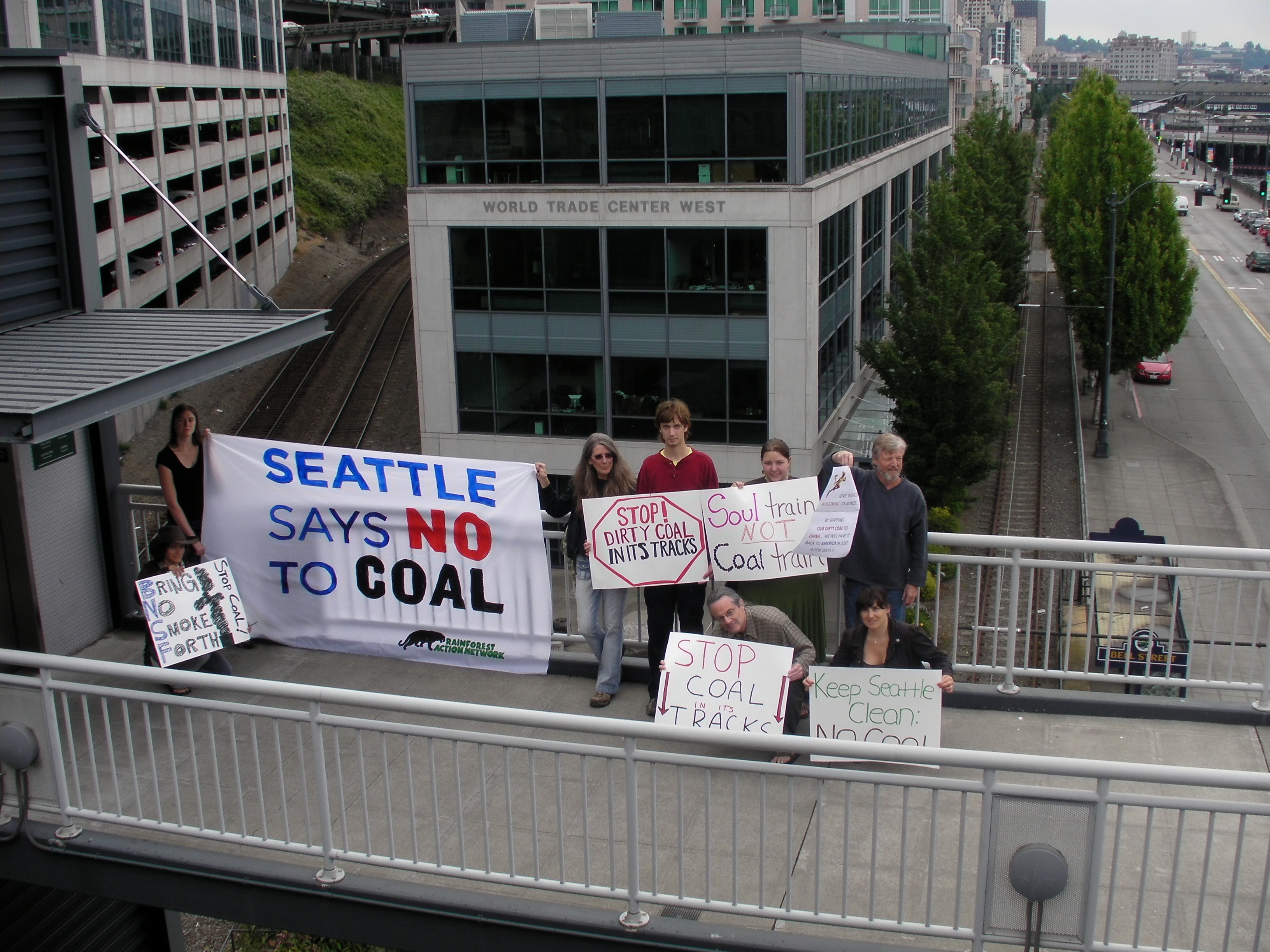As a Board Member for Washington Physicians' for Social Responsibility, I gave a 2 minute professional testimony asking to expand the EIS scope to include impacts of personal and public health. To see my speech jump to 2:47:45.
Here is the text of my speech:
Hello, I’m Alex Hamling, a pediatrician in the Seattle area and a Board Member of Washington Physician’s For Social Responsibility.
I’m here to ask for an increase in scope of the Health Impact Assessment regarding the coal export from the Cherry Point terminal in Whatcom County.
The coal export terminal would degrade community health by increasing pulmonary, cardiac, cancer, and safety risks because of the diesel particulate matter, coal dust, and noise exposure. U.S. Occupational Safety and Health Administration (OSHA) has shown that coal dust exposures at high levels and for prolonged periods of time in coal miners has been linked to increased cases of bronchitis, emphysema, and black lung disease.
The increased train traffic, and the amount of coal being transported will negatively impact local homes and business with the coal dust deposits. The areas affected are vast: locally they include the Downtown Seattle waterfront, Hiram Chittenden Locks, and Golden Gardens.
There is also a risk for localized pollution to air, surface water, groundwater, and soil in communities ranging from Wyoming to China where coal extraction, transportation, and combustion take place. Under-represented communities including the Nooksack River valley would be affected with increased exposure to coal dust from trains.
The coal trains have a negative health impact on people and also on the local ecosystems in Whatcom County. There will be increased stresses on endemic herring in Bellingham Bay, which are an at risk keystone species in the Salish Sea food web. There is risk of contaminating the composition of topsoil within 0.62 miles of Cherry Point terminal, caused by upwards of ~20% coal by weight. Local water sources could be adversely affected by the potential of introducing invasive species when barges empty ballast water at Cherry Point.
I worry that these facts conflict with the values of the community and further that we all have a civic responsibility to the communities of which we are an intricate part.
There is real harm related to the impacts on the local environment and economy, community health, and social equity that should not be overlooked.
Thank you,
Alex Hamling
Thanks for reading,
Dr. Alex
